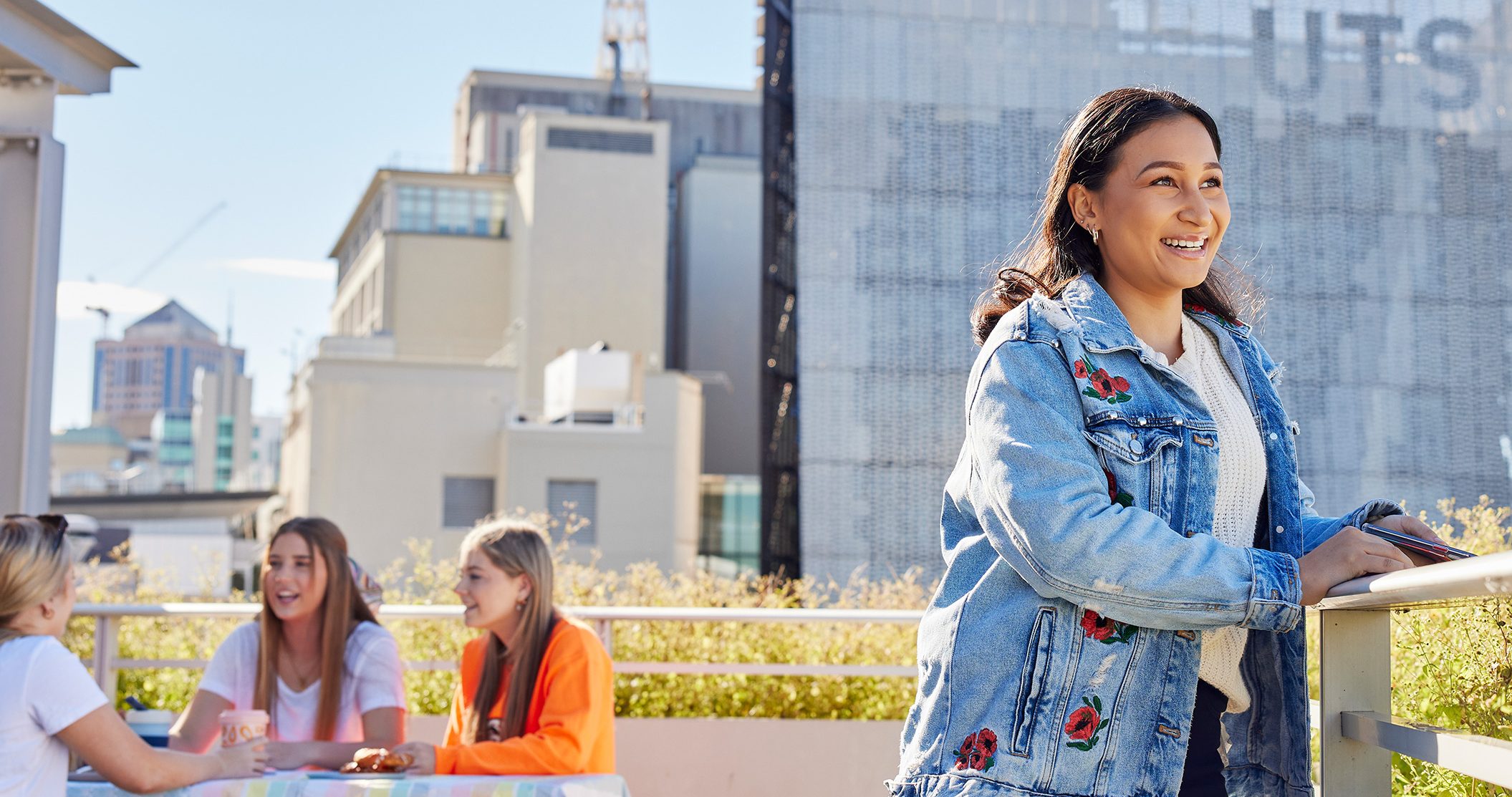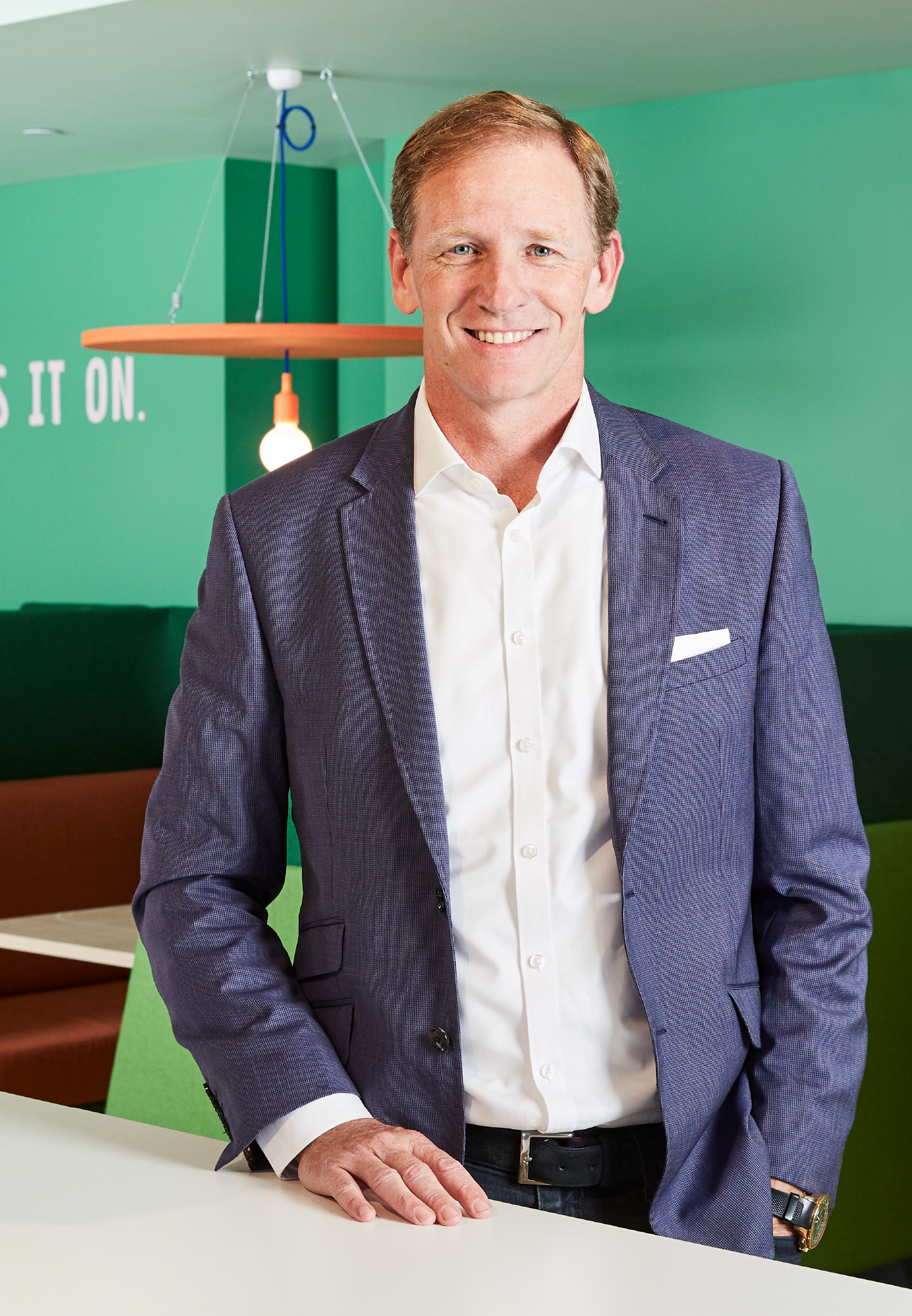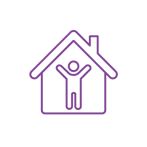Sustainability at Scape

Environment: Our Earth
Climate Change & energy
- Achieve Zero Carbon* (by 2030)
- Climate risk assessments & adaptation plans(by 2023)
- Explore feasibility of PassivHaus Certification in new developments (by 2026) [JV1-3]
Waste minimisation & circular economy
- Increase our recycling rate to >80% (by 2030), and use sustainable materials in our developments (from 2023)
Biodiversity
- Incorporate native plants in all our landscaping (by 2025)

Social impact: Our Neighbourhood
Resident wellbeing
- ‘ScapeTLC’ wellbeing appraisal, activities & support (2023)
- Improve accessibility & universal design (from 2024)
Accommodation for those in need
- Allocate 100 beds annually as crisis accommodation for people in need, First Nations and scholarship recipients (from 2023)
Community impact
- Partnerships with aligned not for profit enterprises to create positive social change in the areas of mental health, diversity & inclusion, Indigenous reconciliation, respectful relationships, alcohol & drug education (by 2023)
- ‘Artist in residence’, mentorship & art exhibition program (from 2023)
Procurement
- Engage with business partners on our Supplier Code of Conduct & modern slavery risk (by 2024)
- Support First Nations, Australian Disability Enterprises, Female Owned & Social Enterprises through procurement (from 2025)

Governance: Ourselves
Diversity, equity & inclusion
- Achieve Gender Parity** (by 2027)
- Implement a Reconciliation Action Plan & maintain supply nation membership (by 2024)
- Actively promote a safe and inclusive culture for people of diverse sexualities and genders (2023)
Transparency & accountability
- Publish our annual sustainability report in alignment with global standards i.e. GRI, TCFD, UNSDGs, UNGC
- Participate in GRESB (Global Real Estate Sustainability Benchmark) annually, and strive for continuous improvement (2023)
- Require that all new developments achieve a 5 Star Green Star rating, and all operational assets are rated using Green Star Performance (from 2023)

















